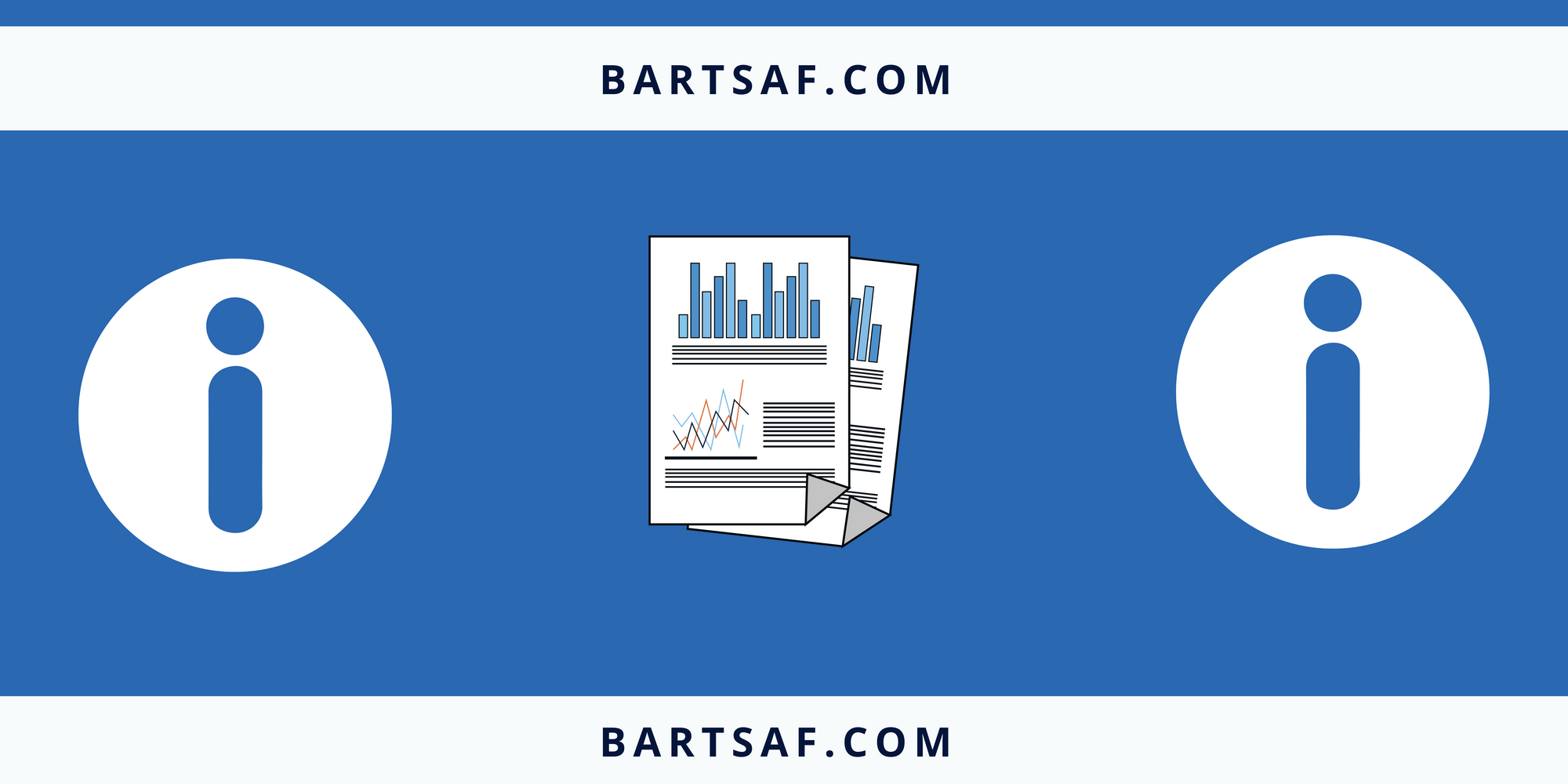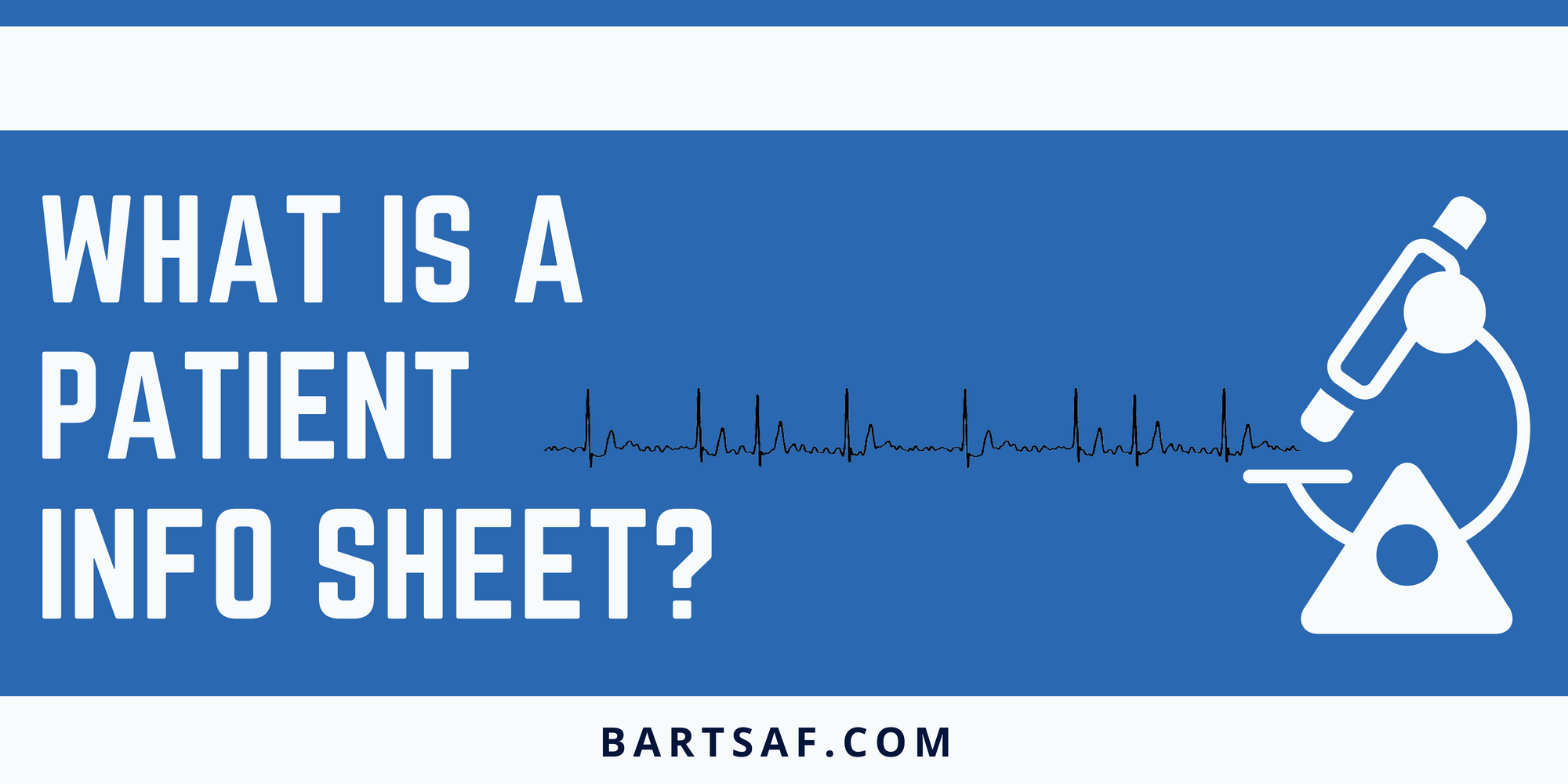Patient Information Sheets

Find Patient Information Sheets for AFHF, CSAF-AW and the AFFU-AW studies below

What is a Patient Information Sheet?
This is a study document that has been designed by the research team for potential study participants. It outlines what a participant can expect if they choose to enroll in the study.
The Sheet explains:
- the purpose of the study
- why you have been chosen
- what would happen if you decide to take part
- the possible advantages and risks of taking part
- what happens to your data and your test results
- which organisations are supporting the research and who is paying for it
- the groups and people you might want to talk to, to find out more
These documents have been reviewed and approved by the Health Research Authority (the National Ethics Board of the UK).
AFHF study
What is the purpose of the study? We currently do not understand why some people with AF are completely asymptomatic whereas some people get debilitating symptoms and objective heart muscle weakness as a result. A better understanding of how AF causes heart weakness and symptoms could give us insights into how to improve our approach to treatments and personalise patient care.
Based on the existing evidence, we suspect factors relating the the AF, such as how irregularly it makes the heart beat may cause the heart muscle weakness andso measuring this may help to identify the patients that suffer the most because of their AF and thus those patients who would benefit the most from AF treatments like catheter ablation.
AF catheter ablation is the most effective way of restoring normal heart rhythm. We want to recruit participants undergoing this procedure so we can measure characteristics of their AF such as the rhythm irregularity and see if it predicts the amount of improvement after normal rhythm has been restored.
We can also use the imaging, blood tests and exercise tests taken as part of this study to develop a detailed understanding of the impact of AF on heart function to better understand the underlying mechanisms.
Download a copy of the full PIS here
CSAF-AW study
What is the purpose of the study? No cause for stroke is found in up to 30% of cases despite extensive investigations. These are called cryptogenic strokes (CS). 1 in 4 stroke survivors will suffer another stroke in 5 years. A common reason for CS and repeated strokes is an undetected heart rhythm disorder called atrial fibrillation (AF). AF occurs intermittently, so it may not be picked up during the initial hospital admission for the stroke or during the heart rhythm monitoring test that is done afterwards (the monitor is worn for 1-5 days. This is the standard monitoring regimen in the UK. This method has been shown to pick up AF in around 2% of people after their CS. It is important to pick up AF as the stroke risk associated with it can be reduced by taking blood thinners.
A clinical trial in 2014 showed that extended heart rhythm monitoring for 1 year (using an implantable device under the skin) can pick up AF in 13% of CS patients. This suggests a number of CS patients may have AF but aren’t being diagnosed with the standard monitoring regimen.
This study is being done to see whether non-invasive heart rhythm monitoring for 1 year using the Apple Watch (AW) can increase the pick up rate of AF compared to the standard monitoring regimen.
Download a copy of the full PIS here
AFFU-AW study
What is the purpose of the study? You and your Consultant Cardiologist/Electrophysiologst have decided that a catheter ablation procedure would be of clinical value. The procedure is done to treat a heart rhythm disturbance called atrial fibrillation (AF) and reduce the symptoms it can cause. Ablation is the most effective way to restore a normal heart rhythm however some patients may require a repeat ablation procedure to ‘top up’ the treatment after their first sitting. This will be determined by closely monitoring you for any recurrences of AF after your first ablation procedure. Your doctor will perform ECG tests and may perform a heart rhythm recording test (a Holter monitor test) to check if your AF has come back.
Download a copy of the full PIS here
